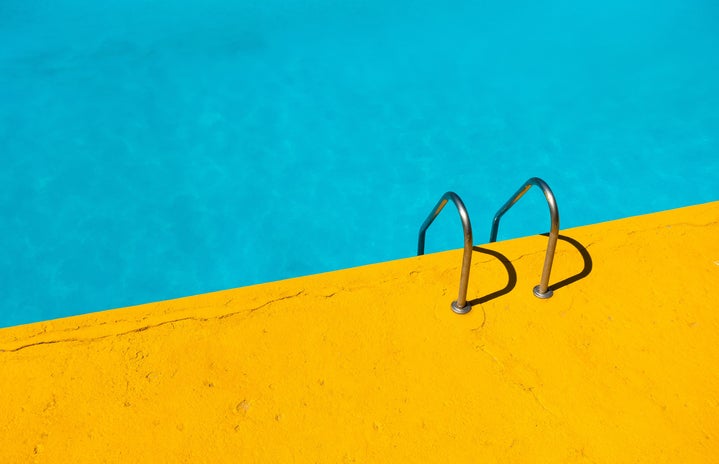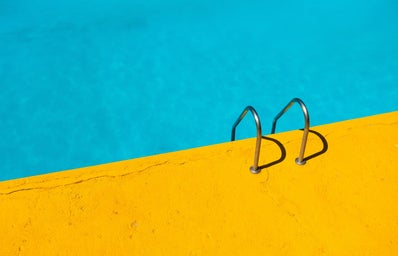This week’s Profile is the President of MedLife, Adrian Diogo, a senior Public Health major, and biology and economics minor. In addition to MedLife he is involved with several campus organizations such as the Crew team, and Global Minds: IDSO (International Domestic Student Organization). MedLife is an organization on campus, that is part of a much larger “non-profit organization, headquartered in Lima, Peru, whose mission is to help families achieve greater freedom from the constraints of poverty and empower them to live healthier lives.” The word “MedLife” is an acronym, that stands for medicine, education, and development for low income families everywhere, adhering to the mission of MedLife which is to assist those that “would other wise lack access to health care.” MedLife offers mobile clinic care to the poor in various counties such as Peru, Ecuador, Nicaragua, Tanzania, and India. In addition to medical care, MedLife also “funds community development projects that address specific issues faced by individual communities.”
Adrian Diogo initially became involved with MedLife during his Freshman year at TCNJ. Since then, he has been on three service trips. He has been to Lima, Peru; Cusco, Peru; and most recently Riobamba, Ecuador. Although in different countries, each volunteer experience is structured the same as “each mobile clinic has 6 stations: triage, education, gynecology, dentistry, pharmacy, and a toothbrush station.” Volunteers participate in two stations each day, working in the mobile clinic for 4 days, and on the the fifth day volunteers participate in a “development day,” which is different for each country, as it is based on the community’s needs. In Lima, Peru the development projects usually consist of building staircases because Pamplona Alta, Lima, Peru is very mountainous, and in order to ensure that children have easier and safer access to school, staircases are built. In Cusco, Peru, Adrian worked on a different development project which was the expansion of an all girls orphanage. However, Diogo describes this experience being much different than the one in Lima because in Cusco most of the elders spoke Quechua. Being fluent in Spanish and Portuguese, Diogo states that it was frustrating for him because he was never in a situation when he could not communicate with others. Although, Lima and Cusco are both located in Peru they are in different geographic regions which Adrian believes reflects the “difference between urban and rural poverty.” Most recently, Adrian went to Riobamba, Ecuador and he describes it as a similar experience to Cusco as most of the elders also spoke mostly Quechua. However, this time Diogo took it upon himself to learn a few Quechuan phrases, so that he could better communicate with the people there.
Although, initially motivated to “help others in poverty and make a difference throughout the world,” Adrian too has gained from his experiences abroad as they “changed the way I view public health.” Diogo hopes to take all that he has learned from his experiences in Peru, and Ecuador, and dreams of becoming “an epidemiologist for the world health organization.”
Best wishes, and good luck chasing your dreams Adrian Diogo! Your selflessness, and acts of service, are an inspiration to us all!

